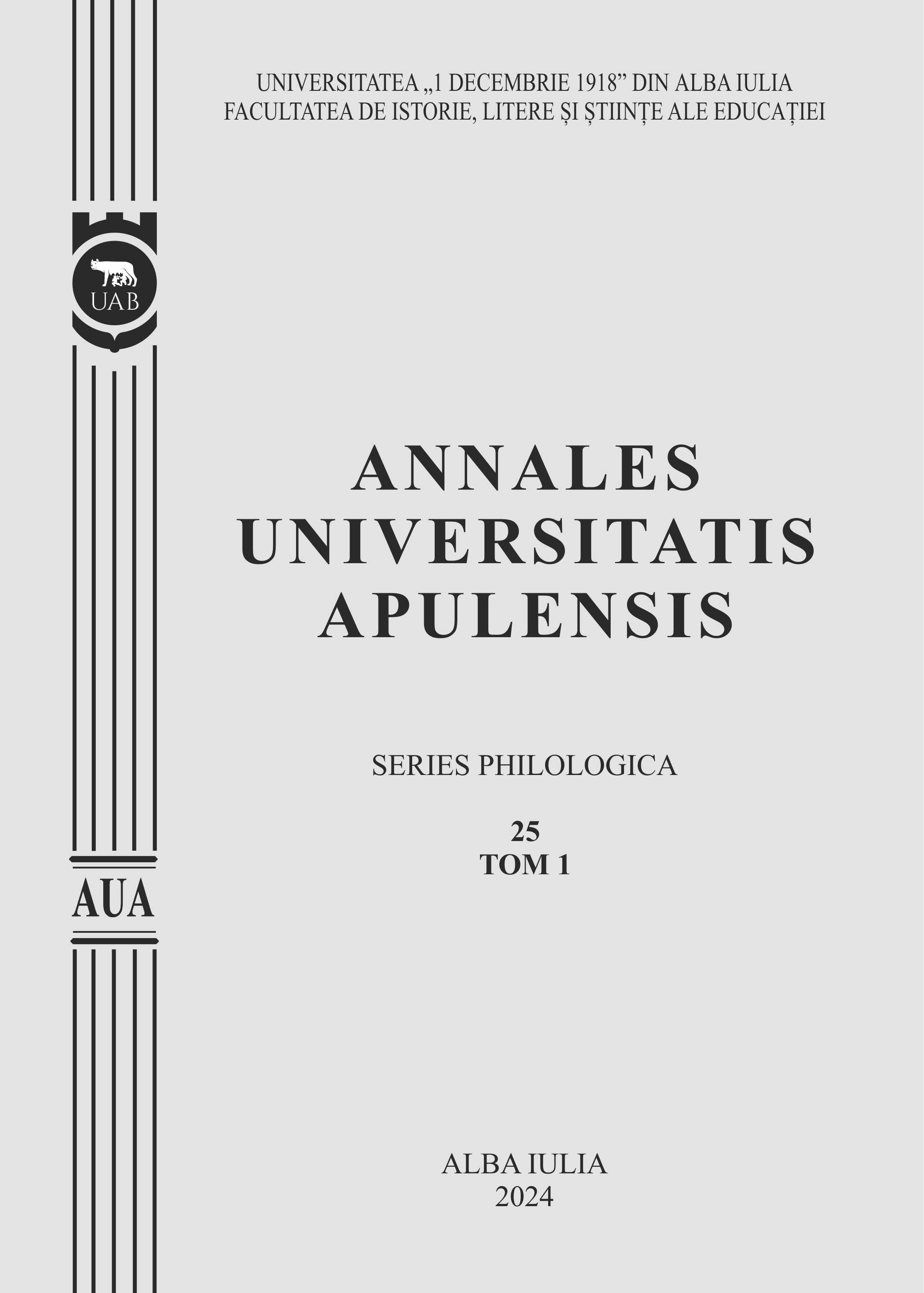NARCISSISME PRIMAIRE ET OMNIPOTENCE DANS MÉTAPHYSIQUE DES TUBESD’AMÉLIE NOTHOMB
PRIMARY NARCISSISM AND OMNIPOTENCE IN AMÉLIE NOTHOMB’S MÉTAPHYSIQUE DES TUBES
Author(s): Mirela Sanda SălvanSubject(s): Language and Literature Studies, Studies of Literature, Comparative Study of Literature, Theory of Literature
Published by: Universitatea »1 Decembrie 1918« Alba Iulia
Keywords: psychoanalysis; primary narcissism; omnipotence; object relations; pleasure principle; reality principle
Summary/Abstract: This article proposes an analysis of Amélie Nothomb's novel Métaphysique des tubes from a psychoanalytical perspective. The first three years of the author's life reconstructed in the book offer a very rich and illustrative material for psychoanalytic concepts describing human development during this period. First and foremost, we think of primary narcissism, a notion that designates an early stage of development in which the child invests all libido in their own person. In this stage, the central character is called Dieu, embodying omnipotence, despite the total passivity she chooses and lives for a long period of time, leading the family members to call her Plante. The apparent refusal of life manifested in the first two years of her life - which is reduced to swallowing food, digestion and excretion - represents in equal measure a form of prolongation of intrauterine life (the fantasy of returning to maternal womb being later masterfully depicted through the illustration of the girl's relationship with water), as well as a form of aggressiveness towards external objects.The state of omnipotence corresponds to the child's belief in the all-powerfulness of their thoughts. Amélie Nothomb describes with impressive precision the omnipotent behaviour of the little girl at this stage of development. The writing is imbued with sarcasm, humour and (self)irony. From the previously invoked vegetative life, the character makes a spectacular leap to another, diametrically opposed, one in which passivity will be replaced by impressive capacities, both intellectual and physical. All of these are possible thanks to special object relationships, first with his paternal grandmother (who opens the way to life), and later with one of his Japanese nannies, Nishio-san. The relationship with the latter gives us the opportunity to observe how the child lives according to the pleasure principle - one of the two basic principles that govern psychological life. According to this principle, all mental activity is focused on avoiding discomfort and obtaining pleasure. The reality principle, situated at the opposite pole, is illustrated by other significant relationships, primarily those with the older brother and the second Japanese nanny, Kashima-san. From a psychoanalytic perspective, this principle illustrates a stage of development in which the search for satisfaction does not follow the shortest path, and the conditions imposed by reality and the external world are taken into account and accepted parallel to tolerating frustration and delaying gratification.
Journal: Annales Universitatis Apulensis. Series Philologica
- Issue Year: 25/2024
- Issue No: 1
- Page Range: 173-180
- Page Count: 8
- Language: French

